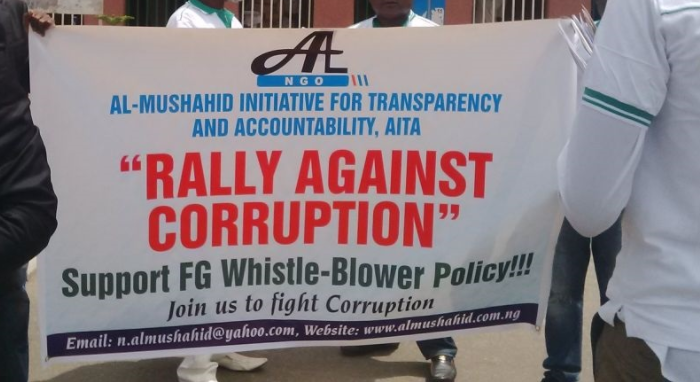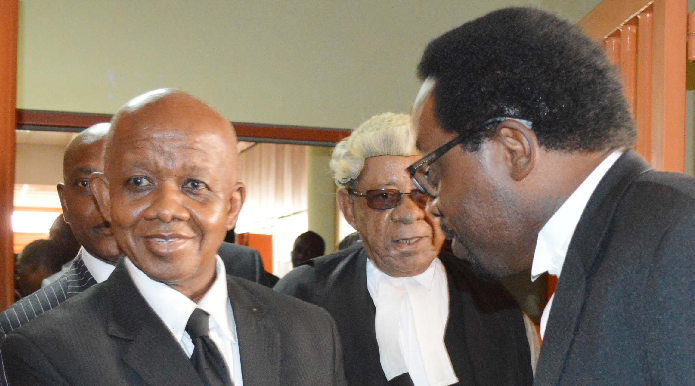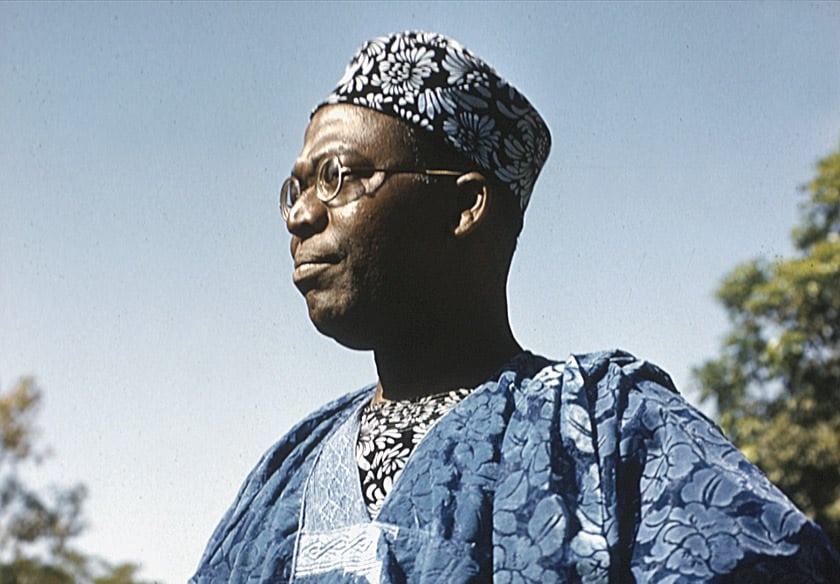The whistle-blowing policy has set everywhere abuzz as many Nigerians have turned it into a lucrative vocation. Indeed, some Nigerians have already earned huge sums of money with 20 people recently sharing N375.8m. Announcing this last Wednesday, June 7, 2017, the minister for finance, Kemi Adeosun, confirmed the money has been released. She also said that the money was for the first batch of whistle-blowers. So, that means another batch may soon be paid.
Yet, she also warned that “all payments are taxable and are only made upon confirmation of the final recovery of assets by the Attorney-General of the Federation that they are free of legal disputes or litigation”. She carefully withheld the information that those who gave wrong information have been arraigned in court!
Most important to the matter at hand, Adeosun also said: “a whistle-blower unit in the Ministry of Finance headquarters has been created with members of staff seconded from the Economic and Financial Crimes Commission, the Independent Corrupt Practices and other related offences Commission, the Department of State Services, the Nigeria Police Force and the Presidential Initiative on Continuous Audit, among others. The whistle-blower unit is the first line of response to whistle-blower information, where initial review is undertaken before cases are forwarded to the relevant investigative agencies.”
With the above paragraph in mind, the letters an NGO, Al-Mushahid Initiative for Transparency and Accountability (AITA), Efab Plaxa, Garki Area 11, Abuja, wrote some officials of the New Partnership for Africa’s Development (NEPAD), Area Two, Wuse District, Abuja, becomes curious.
Advertisement
One of the letters, dated April 12, 2017 will suffice. Its second paragraph detailed out the reason for writing: “Sequel to a petition against you by some “Whistle Blowers” under the aegis of some concerned Civil Servants, alleging embezzlement of public funds and abuse of office against your person in the course of your Civil Service Career.”
While that paragraph was left uncompleted, the second one reads, “The motive behind our request for information is to give you a veritable platform for fair hearing as enshrined in the section 36 of the 1999 Constitution as amended, for the purpose of clarity and public interest”. For the purpose of clarity and public interest? Really? Apart from tangled meanings and mangled grammar, when did the NGO become a whistle-blowing reporting point? Who included it among the law enforcement agencies?
Two more paragraphs of two muddled sentences made me understand why a group of NEPAD workers were laughing uproariously while reading the document. Was the letter from a real and registered NGO?
Advertisement
That the letter was signed by an Ambassador, Aminu Majidadi, made many to doubt the integrity and status of the authors for they felt no real ambassador would write “were alleged to caused” in an official letter.
The foreign affairs ministry confirmed no Aminu Majidadi exists in the list of past or present Nigerian ambassadors. At best, he could be an ambassador with a small “a” such as an honourary “goodwill ambassador” of some organisations, say an ambassador for peace of Universal Peace Federation founded by Rev Moon, a South Korean. Truly, an NGO, AITA, has an office in the stated address.
Beyond that, the amused group read and re-read the 11th paragraph: “Since your assumption at NEPAD office, how much has the budget office released so far in 2016 to date under your control?” Amid fits of laughter at the “so far in 2016 to date” phrase, the people explained that the man so queried was posted to NEPAD mid-December 2016.
I came to NEPAD office that day to research into how much of the year 2000 to 2015 millennium development goals did African countries meet. But with that day ruined, I knew I had to come back another day. NEPAD, an intellectually-tasking office, whose senior staff move from one developmental summit to another, and producing an endless harvest of developmental data, is hardly a cash cow. In fact, from the days of Tunji Olagunju who headed the office under former president Olusegun Obasanjo, some 70 per cent of NEPAD allocations have gone into summits and conferences.
Advertisement
Though I have never met the present national coordinator/chief executive officer of NEPAD, Nigeria, Princess Gloria Akobundu, I know that less than a quarter of NEPAD 2016 allocation has been released. In fact, it is on record that during the visit of the senate committee on integration and cooperation in Africa and NEPAD to NEPAD office for oversight functions, she decried the poor state of NEPAD office and the condition in which staff work in, according to news reports.
I will return to NEPAD for reports on the African Peer Review Mechanism (APRM), a mutually agreed instrument voluntarily acceded to by the member states of the African Union (AU) as a self-monitoring mechanism – founded in 2003. For now, I beg the NGO to fault me on any material particular and I also pray the editor to grant the NGO a right of reply so that I will further expose how this falls short of freedom of information act and whistle-blowing policy stipulates – to banish some ignorance from the land.
Tony Eluemunor is an Abuja-based journalist.
Advertisement
Add a comment






